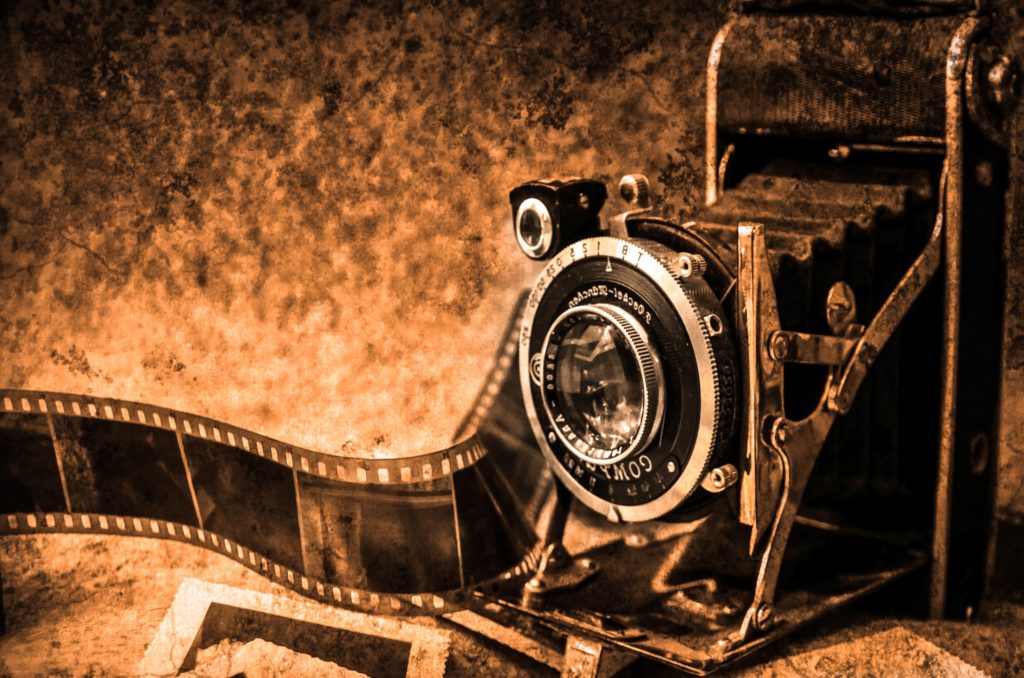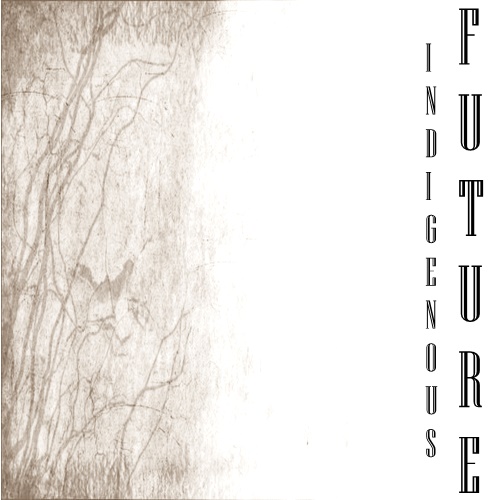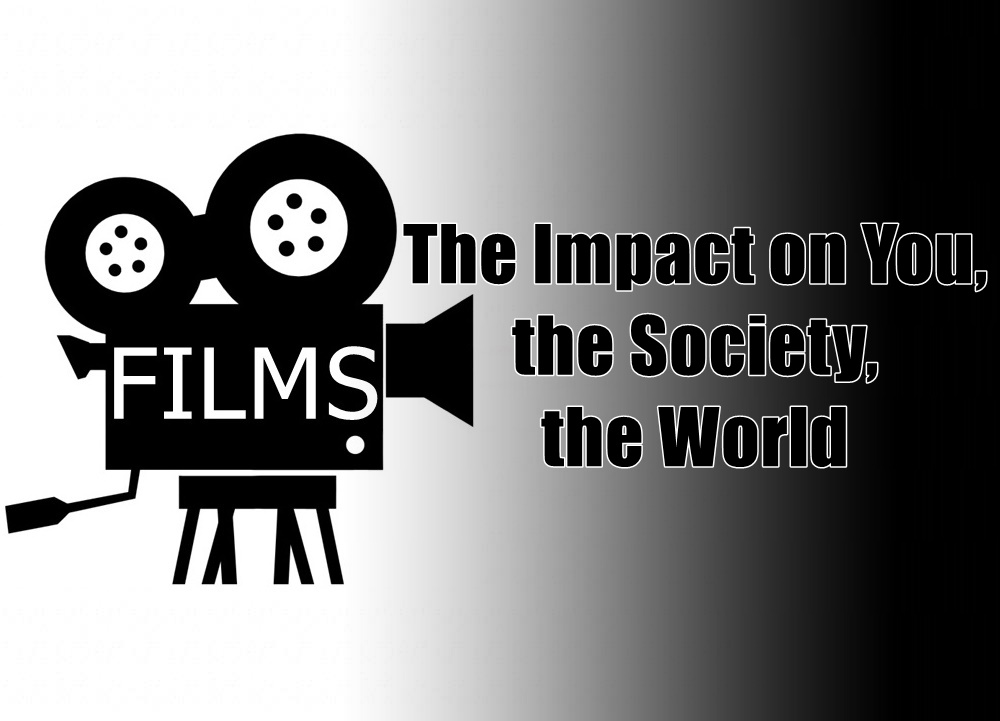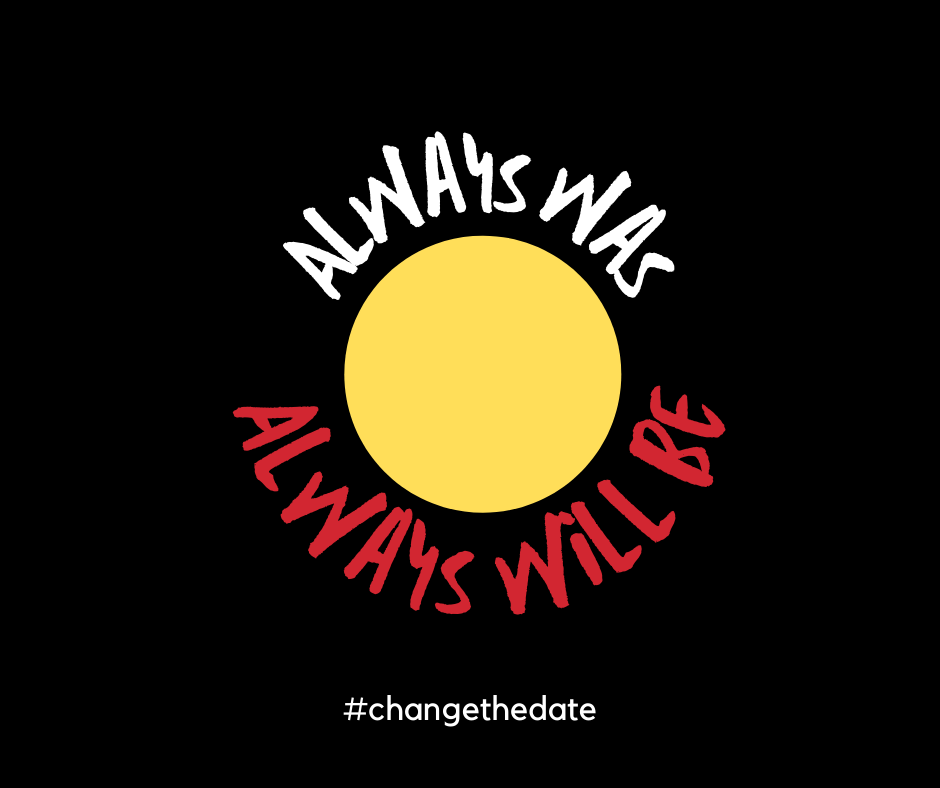Preserving Cultural Heritage through Films
Cultural Heritage manifests in both tangible and intangible forms through artefacts, monumental remains, landscapes and landmarks. It is ingrained in our linguistic and artistic expressions, customs, traditions, beliefs, aspirations and value systems originating from the ancient past. Our heritage anchors us in the way we think, feel, act and interact with everyone and everything around us. Thus, preserving it is a way of preserving ourselves, protecting that which is intrinsic in all of us. What does it take to accomplish this? What are the stakes for society’s indifference and/or failure to do our part? Where are we at? 90 per cent of over 6000 languages will go extinct within 100 years According to United Nations data, “about 97 per cent of the world’s population speaks 4 per cent of its languages, while only 3 per cent speaks 96 per cent of them.” Most of the languages going extinct are spoken by indigenous people. Ravages of wars and natural disasters UNESCO affirms that tangible heritage worldwide “are increasingly becoming the collateral victims of natural disasters and armed conflicts.” Since time immemorial, peoples and communities have been uprooted or disenfranchised of their lands, cultures are weakened or destroyed and ethnic populations decimated by both natural and man-made disasters. Current headlines tell the same story – at an alarmingly accelerating level. Human propensity to dominate The annals of history are replete with narratives of tribal and territorial conquests, expanding and changing of empires, controlling influence of political and economic superpower nations. Indigenous and less dominant peoples are subjugated and marginalized, cultural identities forcibly stripped or weakened as they yield to new ways of life. Endangered intangible cultural heritage As world politics and modern technology set toward globalization, it comes at the cost of traditional knowledge and skills. UNESCO details a long continuous list of endangered intangible cultural heritage year in and year out. From the Art of Xòe dance of the Tai people in Viet Nam, the L-Għana folksong tradition of Malta to the Nordic coastal heritage of clinker boat, handmade weaving in Upper Egypt, among so many. We are seeing the inexorable decline of man’s heritage. Cultural Heritage through the lens The film plays a vital role in the preservation and transmission of cultural heritage. Digital storage not only requires less space for archiving a large amount of information but makes easy transfer of knowledge through the internet. It is a viable way to safeguard cultural heritage from natural and manmade destructive forces. Films transcend the physical limitations in experiencing and sharing cultural and historical heritage around the world. The audio and visual elements not only complement but amplify oral and written narratives. Looking through the lens of Cultural Heritage Culture, according to United Nations, is inextricably linked to indigenous peoples, “the keepers of knowledge.” Indigenous Heritage is an immeasurable and indispensable wealth of information about the natural world, health, technologies and techniques, rites and rituals and other cultural expressions. In essence, humanity’s existence is just as inextricably linked to the indigenous cultures; thus, it is for our mutual preservation that this link remains unbroken. Today as we live in the comforts and ease of modernization and head to a future of artificial intelligence and technology breakthrough after breakthrough, let us take a moment to look back and take in how much of humanity is lost. INSPIREFLIX has launched our Indigenous Films Projects. Partner with us in our advocacy for Indigenous Cultures or in our other film projects, all in the interest of global cohesion of humanity which forms the core of our vision. REFERENCES: http://www.cultureindevelopment.nl/Cultural_Heritage/What_is_Cultural_Heritage https://www.un.org/development/desa/indigenouspeoples/mandated-areas1/culture.html https://en.unesco.org/content/preserving-our-heritage https://news.un.org/en/story/2012/12/427362-fighting-cultural-extinction-traditional-dances-and-crafts-added-un-list
Preserving Cultural Heritage through Films Read More »




